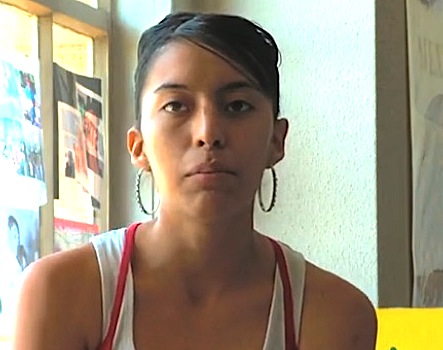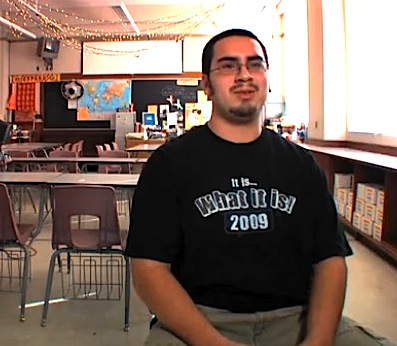RESISTANCE CINEMA Presents “PRECIOUS KNOWLEDGE” Dos Vatos Productions, & The Independent Television Service, in association with Latino Public Broadcasting, Arizona Public Media, and The Corporation For Public Broadcasting, Produced by EREN ISABEL MCGINNIS, Directed by ARI LUIS PALOS, (2011, 70 min)
WHEN: Sunday July 22, 2012 1:15 pm
WHERE: Community Church NY Gallery Room, 28 East 35th st. btwn Park & Madison aves.
ADMISSION: Free, donations appreciated
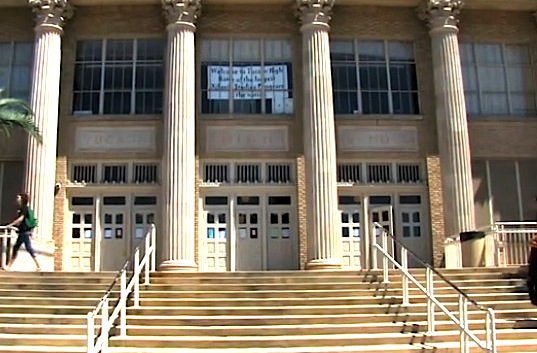 Precious Knowledge portrays one of the final years of the highly successful but controversial Mexican American Studies Program at Tucson High School.
Precious Knowledge portrays one of the final years of the highly successful but controversial Mexican American Studies Program at Tucson High School.
The program was a national model of educational success — 93 percent of its enrolled students graduating from high school and 85 percent going on to attend college, bucking a statewide trend that saw only 48 percent of Latino students graduating at all. The program taught Mexican and American history, as well as Central and South American literature and culture.
But the political tide shifted in Arizona in the 2000s. The state passed extremely controversial immigration laws,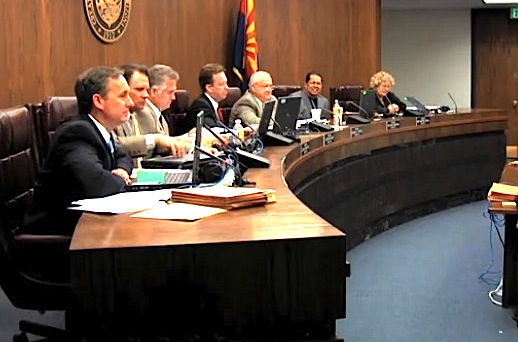 which some civil libertarians equated to racial profiling. Legislative sessions in the state became heated and rife with recriminations. And when lawmakers turned their attention to Tucson High’s ethnic studies program, it became a lightning rod in the public conversation about race. Opponents of the program launched a campaign to convince the public that ethnic studies teach everything from communism to terrorism to “reverse racism.”
which some civil libertarians equated to racial profiling. Legislative sessions in the state became heated and rife with recriminations. And when lawmakers turned their attention to Tucson High’s ethnic studies program, it became a lightning rod in the public conversation about race. Opponents of the program launched a campaign to convince the public that ethnic studies teach everything from communism to terrorism to “reverse racism.”
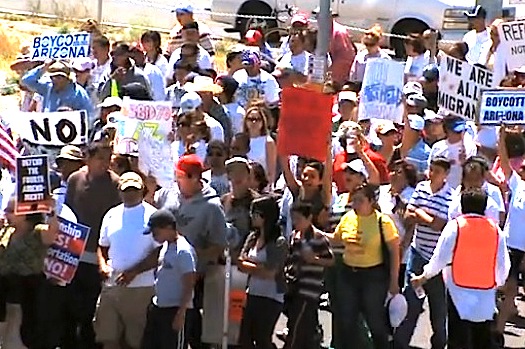 Students and their teachers fight hard to preserve their program, marching to the statehouse, holding vigils, and testifying before lawmakers. They invite their legislators to visit their classrooms, and all but one refuse. When he does visit, he criticizes the poster of Che Guevara on the wall, and suggests that a poster of Benjamin Franklin would be more appropriate.
Students and their teachers fight hard to preserve their program, marching to the statehouse, holding vigils, and testifying before lawmakers. They invite their legislators to visit their classrooms, and all but one refuse. When he does visit, he criticizes the poster of Che Guevara on the wall, and suggests that a poster of Benjamin Franklin would be more appropriate.
At the center of the debate was Paulo Freire’s textbook, The Pedagogy of the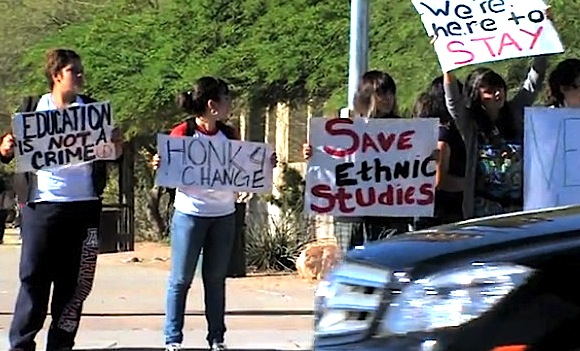 Oppressed, which the school’s instructors used for the ethnic studies classes. The book is a famous example of critical race theory, which looks at and acknowledges the influence of institutional racism in America on non-dominant groups. The theory has been criticized as Marxist.
Oppressed, which the school’s instructors used for the ethnic studies classes. The book is a famous example of critical race theory, which looks at and acknowledges the influence of institutional racism in America on non-dominant groups. The theory has been criticized as Marxist.
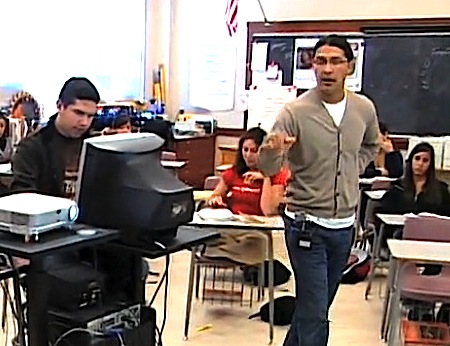 In 2011 Arizona lawmakers passed a bill giving unilateral power to the state superintendent of schools to abolish ethnic studies classes. The fight to restore ethnic studies continues in Arizona and in other states, as education continues to adapt to a changing population.
In 2011 Arizona lawmakers passed a bill giving unilateral power to the state superintendent of schools to abolish ethnic studies classes. The fight to restore ethnic studies continues in Arizona and in other states, as education continues to adapt to a changing population.
